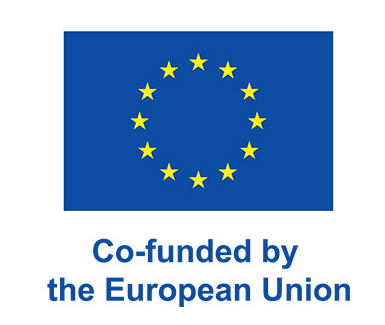MojDom
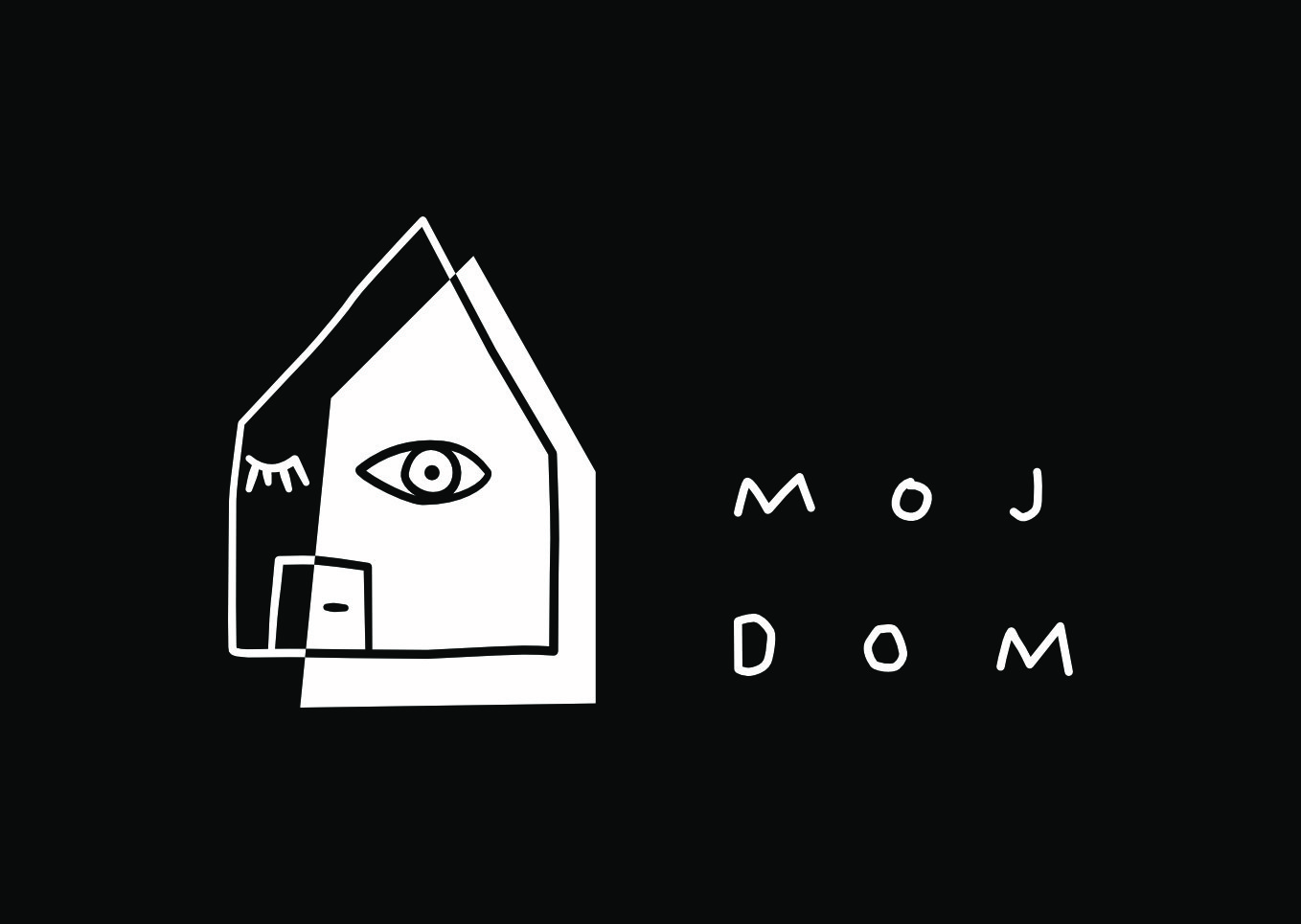
MOJ DOM. Refugees, migration and erased memories in the aftermath of Yugoslav wars
The project MojDom aims to foster an international and multidisciplinary debate on recent European history and democratic transition after the Yugoslav wars, in the 90’s, and during the formation of independent successor states. The partnership aims to investigate the consequences of a huge population displacement during and after these wars. In particular, the focus regards how this social, economic and political change has influenced life choices and the ways in which societies have changed or adapted their political beliefs and social organization, also in relation to the issues emerging in the present. The angle of analysis concerns the notion of “home” in the after-war processes of displacement: the theme is the breaking, remaking and remembering home in all its practical and psychological significance.
The project is coordinated by CODICI (IT), in partnership with University of Graz (AU); Documenta, ISRZ, IEF (HR); University of Regensburg (DE); APS Lapsus (IT); MASKA, Mirovni Institut (SI).
In the recent partners’ activities, the need to link the memories of war, displacement and migration to an analysis of European's states reception systems, recent forms of xenophobia and new social instances urgently emerged. This has led to the interest to understand the relationship between the memories of those who have experienced the transition and the European integration in the Western Balkan countries, particularly in Slovenia and Croatia, and those who have recreated their lives abroad, in particular in Italy and in Germany.
To do this, partners will create a bridge between a recovery of the memories of the ‘90s war events and the involvement of the younger generations in order to encourage their participation in developing a new gaze to the past and in defining priorities and desires for change regarding the time and space in which one lives. Different social groups will be involved in this analysis, through different phases and activities: university students, researchers, academics, memory workers, but also high school students and young adults, educators and teachers, performative artists, citizens from four European countries.
In the context of the project, Documenta organized different workshops for youth, based on the methods collected in the Educational Toolkit, available here:
The following photos are the participants' results, after taking part in the workshop "Museum curators", included in the Edukit.
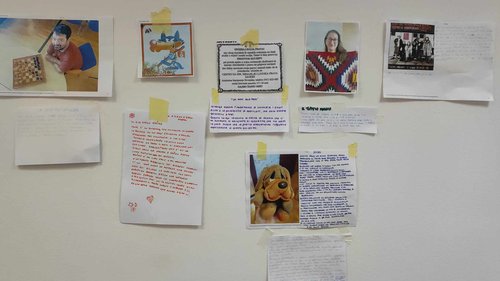
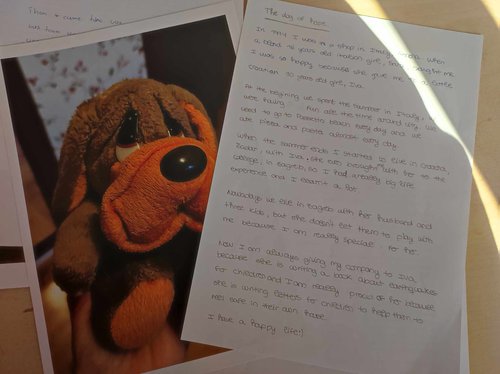
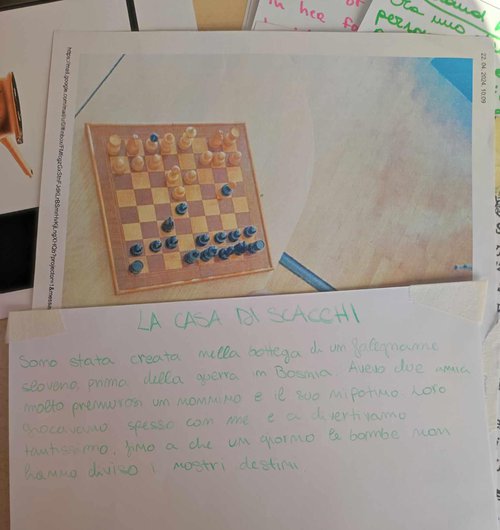
To access the other results developed through the project, see the project website:
